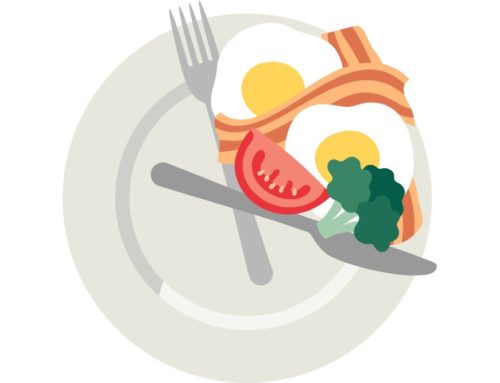Is it Chest Pain or Winter Heart Attack?
Distinguishing between chest pain due to cold weather in winter and a heart attack can be challenging, as the symptoms can overlap. However, there are key differences that can help to make this distinction. Studies show that cold weather can sometimes increase the risk of a heart attack because it can cause blood vessels to constrict, which can raise blood pressure and reduce blood flow to the heart.
Make sure that you seek medical attention immediately if you have cardiac issues and think that this might be heart related. Consider cardiac rehab in winter months to prevent serious consequences, if you already have history of heart issues. This rehab includes, cardiac exercise training, education, emotional support. Act immediately, as cardiac issues can be prevented if treated immediately.

Signs of Chest Pain and Winter Heart Attacks
- Cold weather chest pain
Often a sharp, burning pain, aggravated by deep breaths or coughing. It’s usually localized and can be pinpointed. Cold weather chest pain often may resolve quickly, especially if you move to a warmer place. However, it can typically occur or worsen when moving from a warm to a cold environment.
As for medication, cold weather chest pain may not respond to medications like nitroglycerin, for example.
- Winter heart attack
Just like a regular heart attack, it is often accompanied by shortness of breath, nausea, sweating, lightheadedness, or pain radiating to the jaw, neck, back, or arms, especially the left arm. The pain or discomfort is typically a pressure, squeezing, or fullness in the center of the chest. It might feel like a heavy weight is resting on your chest.
Heart attack chest pain may improve with nitroglycerin, but it’s not a definitive indicator. Please note that not all heart attack pains will necessarily respond to nitroglycerin. Seeking immediate medical assistance is crucial.
Consider personal risk factors such as a history of heart attacks, high blood pressure, cholesterol levels, diabetes, smoking, and family history, no matter it is winter or not. Higher risk factors increase the likelihood of a heart attack.
It’s crucial to remember that heart attack symptoms can vary greatly among individuals, and some heart attacks occur without the classic chest pain. Women, in particular, may experience more subtle symptoms like fatigue, indigestion, and shortness of breath.
In any case, if there’s any doubt or if the chest pain is severe, persists, or is accompanied by other symptoms, it’s essential to seek medical attention immediately. It’s always better to err on the side of caution when it comes to heart health.
What month do most heart attacks occur?
Heart attacks are sudden blockages of blood flow to the heart. Heart attacks are more common in winter, during the colder months, with a notable increase in frequency. This trend is primarily observed in December and January. The reasons for this spike include colder temperatures, which can increase blood pressure and strain on the heart, and changes in lifestyle and diet during the holiday season.
How to prevent winter heart issues?
Preventing heart problems, including heart attacks during winter, involves a combination of lifestyle measures. First of all, keep warm, wear a scarf, dress in layers and try to avoid sudden exposure to very cold temperatures. This helps prevent the constriction of blood vessels and reduces the strain on your heart.
Resources:
https://www.lifespan.org/lifespan-living/chest-pain-cold-weather-vs-winter-heart-attack#:~:text=For%20someone%20with%20an%20undiagnosed,of%20heart%20attack%20and%20stroke.
https://www.bhf.org.uk/informationsupport/heart-matters-magazine/research/effect-cold-weather-heart
https://www.health.harvard.edu/heart-health/chest-pain-a-heart-attack-or-something-else
https://www.healthdirect.gov.au/heart-attack#:~:text=Someone%20having%20a%20cardiac%20arrest,triple%20zero)%20for%20an%20ambulance.
This article contains informational and educational materials and does not replace health or medical advice. For questions or concerns regarding your medical condition or health objectives, speak to a qualified physician or healthcare provider.






Leave A Comment